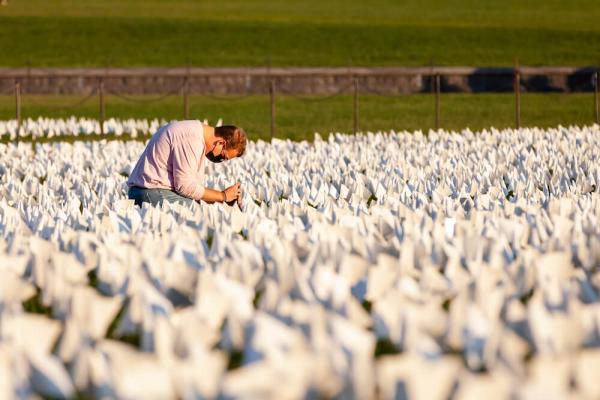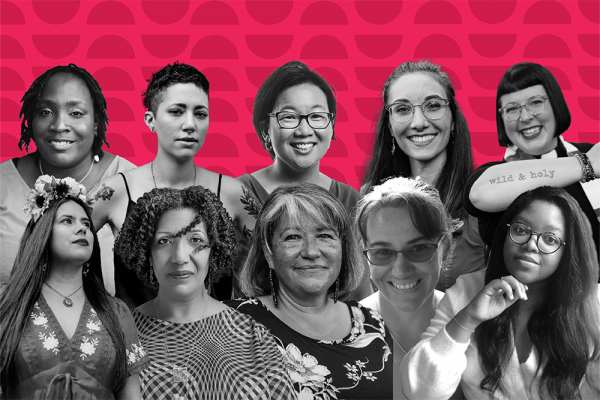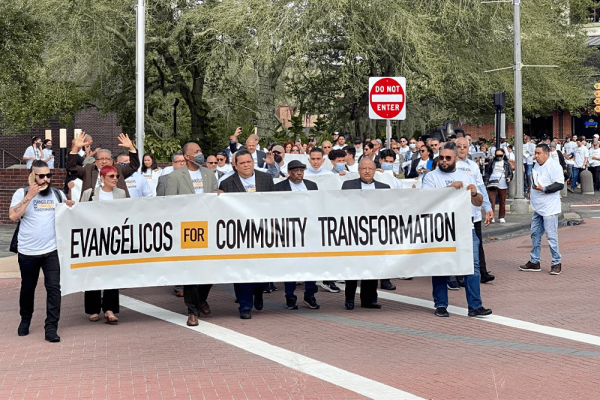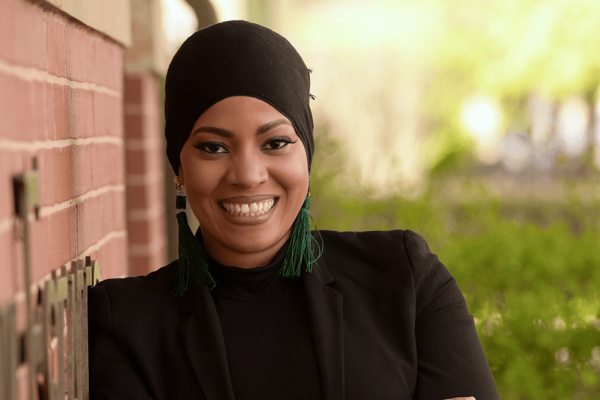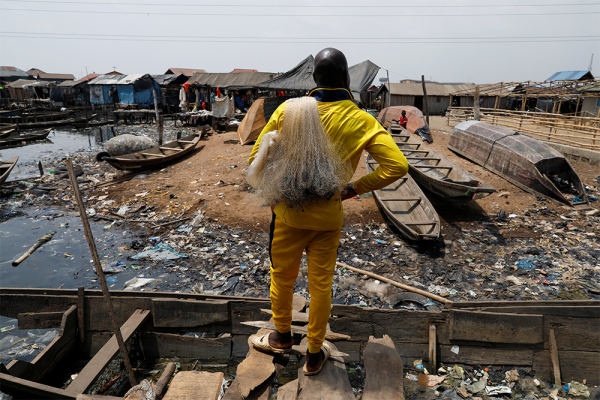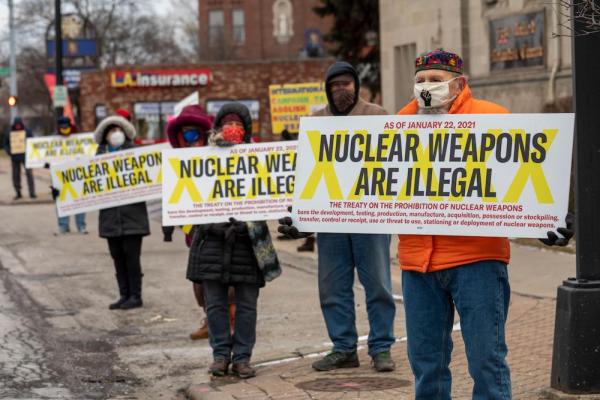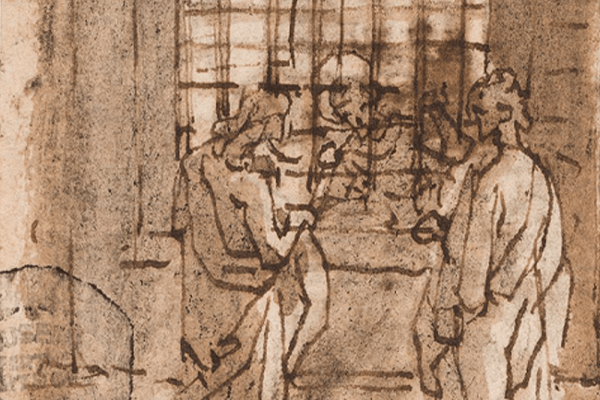Last year, Suzanne Brennan Firstenberg, a social practice artist, created In America: Remember — a vast field of flags on the national mall, one for each American who died from COVID-19. Visitors, both in-person and digitally, had the opportunity to dedicate a flag by writing a message on the while poly film. When the installation began in mid-September of 2021, there were 666,624 deaths. When the installation closed in early October, there were 701,133 deaths. As of this week, nearly 1 million people have died of COVID-19 in the United States, 6 million globally. As we try to grapple with the weight of these fatalities, we’re revisiting an interview from late October 2021 between Firstenberg and Sojourners associate culture editor Jenna Barnett, in which they discuss what it looks like to honor grief and memorialize an ongoing pandemic.
For the past six years, Sojourners has celebrated Women’s History Month by sharing a list of Christian women who are bringing us hope and inspiring us to action. This year’s group includes pastors and poets, abolitionists and mothers, liturgists and storytellers; women who question authority, disrupt unjust systems, set boundaries, reimagine what’s possible, and pray.
When I was a kid, Christian comic Brad Stine yelled at me about wearing a helmet while riding my bike. He also yelled about seatbelt and car-seat laws, smoking laws, and gay marriage through his stand-up routine that I sat in the front row for.
One measure, an executive order from Florida Gov. Ron DeSantis, jeopardizes foster care licenses for anyone who takes in unaccompanied immigrant children who arrive in the country without authorization. The other, a bill being fast-tracked through the state legislature, would bar state and local governments from contracting with businesses that knowingly transport undocumented immigrants, including bus companies or airlines.
Tania Fernandes Anderson, Boston’s newly elected councilor, embraces struggle.
In November, she made history as Boston’s first Muslim, first African immigrant, and first formerly undocumented person to be elected to the city council. Now, with an ambitious slate of policy goals, she hopes to transform the city she calls home. While politics brings a new set of challenges for Anderson, her struggle doesn’t take place at city hall. Rather, her struggle is spiritual.
The latest IPCC report states that 3.3 to 3.6 billion people (nearly half of the world’s population) are “highly vulnerable” to climate risks like wildfires, heat waves, and rising sea levels. The report aims to prepare us for what’s likely and to give leaders a clear-eyed sense of urgency to implement solutions. But some may glance past its findings due to more immediate concerns. Others may be tempted to take a lifeboat mentality.
This is a tale of two orphans, Bruce and Jephthah. A tale of two cities, Gotham and Gilead. A story of curses and vengeance and redemption.
In a recent opinion short, Sojourners multimedia producer Jayne Marie Smith explored the spiritual implications of the missing education and miseducation about Black Americans in the U.S. education system. Smith asked viewers to add what they learned — or didn’t learn — about the history of Black people in the U.S.
President Vladimir Putin’s announcement on Sunday that he had ordered Russian nuclear forces to high alert (he called it a “special mode of combat duty”) brought to mind some of the most dangerous days of Cold War brinkmanship. For four decades, bellicose Soviet and American rhetoric and actions — from the Cuban missile crisis to Reagan administration talk of a “winnable” nuclear war — kept the world at very real risk of annhilation. (The Biden administration, to its credit, responded this week to Putin’s provocations by asserting, correctly, that “A nuclear war cannot be won, and must never be fought,” as a White House offical put it to Reuters, and declined to escalate the U.S. nuclear alert status.)
Jesus’ “mission statement” when he begins his public ministry in Galilee includes a promise of liberation and release for those who are incarcerated. While the New Testament context of “captivity” wasn’t entirely the same as modern imprisonment, Jesus’ promise aligns liberation of prisoners with healing and good news for the poor and oppressed. Taking Jesus’ words in this text seriously forces us to ask: If God’s reign is characterized by freedom for prisoners, why are we supporting incarceration now?
